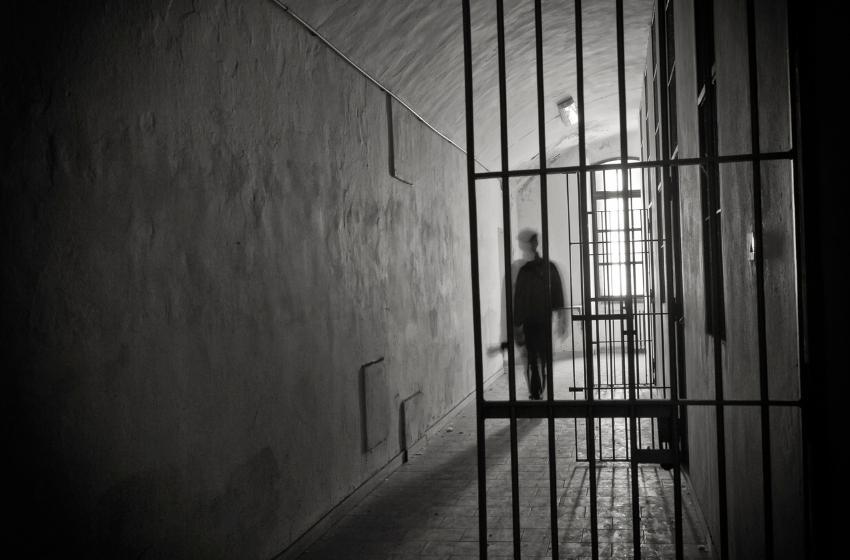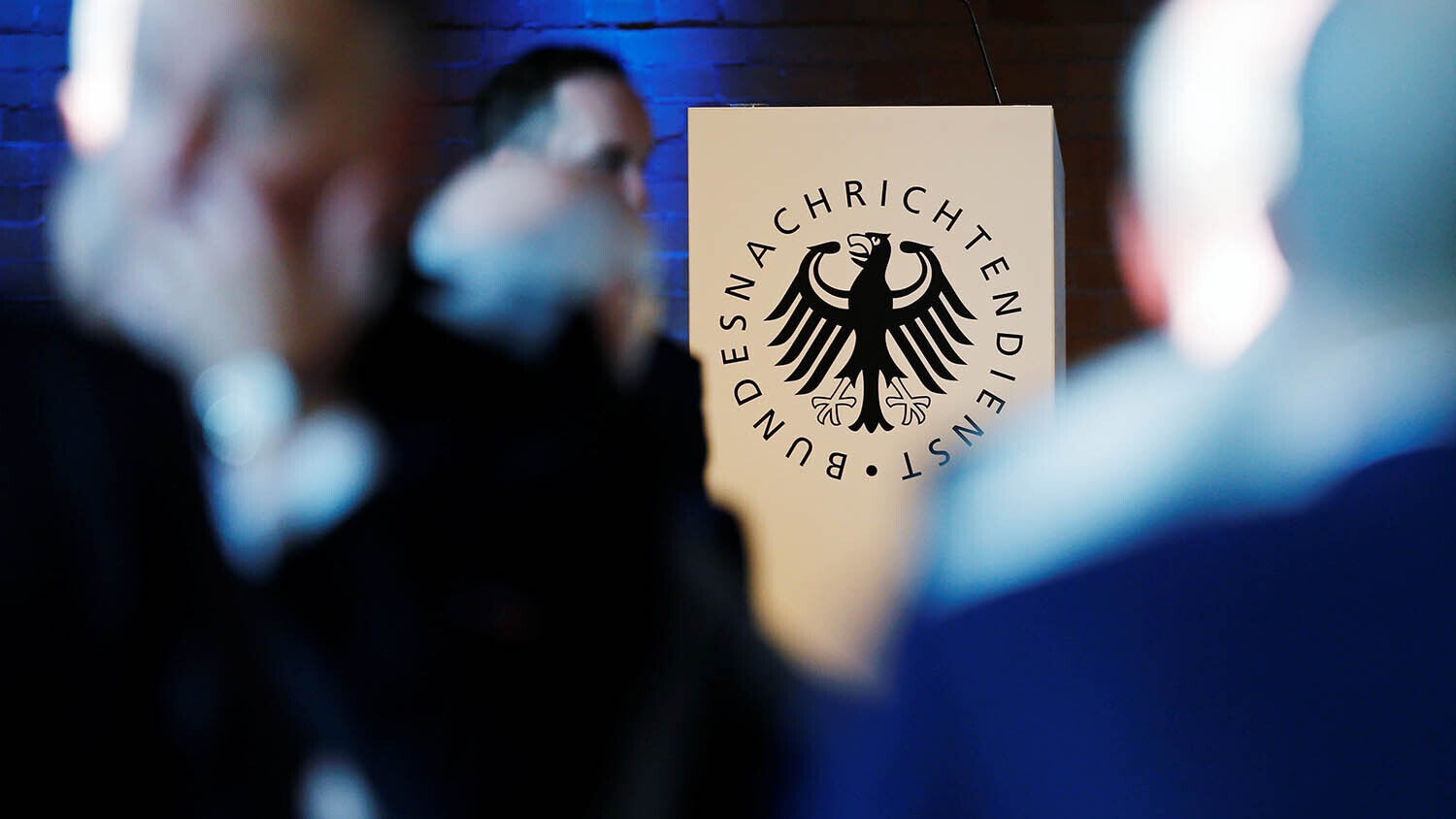By Ludmila Denisova, Ukrainian Parliament Commissioner for Human Rights
During a monitoring visit to the health facility where the Ukrainian servicemen are being held, they reported torture and ill-treatment of the occupiers.
The occupiers took most Ukrainian servicemen prisoner near Mariupol. Initially, they were kept in basements and outbuildings. Then they were transferred to the guardhouse, the pre-trial detention center in Donetsk and the No 120 correctional colony, which are located in the temporarily occupied territory. Later, they were transferred to the Taganrog and Voronezh pre-trial detention centers.
During the transfer, Ukrainian soldiers were blindfolded, wearing a sack over their heads, and their hands were tied with ropes.
In captivity, Ukrainian service members were tortured, threatened with murder, beaten and humiliated.
Torture was used with extreme cruelty against the Armed Forces of Ukraine officers and soldiers of the Azov Special Forces. During interrogations, Ukrainian prisoners of war were brought to their knees, beaten on the toes and open wounds with the butt of a machine gun, used pliers, threw a bandage around their necks and strangled. In addition, they were tortured with electric shocks, beat with a truncheon and kicked.
Ukrainian servicemen reported that the russians administered unknown drugs to them with the letter "M", after which they fainted and lost their memory.
The occupiers forced Ukrainian soldiers to learn the poem "Forgive us, dear russians", the anthem of the russian federation, the history of the creation of the emblem and flag of the russian federation, otherwise - used torture and torture.
Ukrainian women prisoners of war held in the Donetsk pre-trial detention center said at least 17-20 of them in the cells for 2-3 people. Instead of a bathroom - a bucket. Women were deprived of hygiene products and the opportunity to wash. They were subjected to psychological pressure - captive Ukrainian men were brutally beaten in front of them. Captive women were also forced to have sexual intercourse.
Ukrainian servicemen were not provided with vital medical care. The doctor examined them only before they were transferred to the POW camp in Sevastopol, where ICRC representatives assisted.
Ukrainians were not given water, only 1.5 liters for 30-40 people, and limited in food - in the ORDO, a daily diet consisted of a piece of bread and lard. Rusians sometimes mocked the meat and said it was "human."
Ukrainian service members were deprived of the opportunity to contact their relatives. The ICRC Central Intelligence Agency's ID cards provided for in Article 70 of the 1949 Geneva Convention, which must be sent immediately after capture, were completed only before the exchange.
By these criminal acts, russia violated the rights of prisoners of war, guaranteed by the provisions of Articles 17, 19, 20, 21, 22, 24-27, 29-31, 46, 48, 69-71 of the Geneva Convention relative to the Treatment of Prisoners of War.
We appeal to the UN Commission for Investigation Human Rights Violations during russia's military invasion of Ukraine to take into account these facts of russia's violations of the rights of Ukrainian citizens.




















